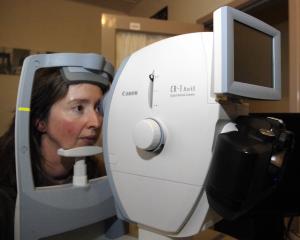A growing number of GPs will not initiate discussion of prostate-specific antigen (PSA) testing with male patients, research published yesterday in the New Zealand Medical Journal concludes.
Study authors Simon van Rij, a registrar at Wellington Hospital's urology department, and
Tony Dowell and John Nacey, both of the University of Otago (Wellington), sent questionnaires to 1000 GPs and audited PSA tests from 2011.
The study found 28% of men aged over 40 had a PSA test in 2011, which was comparable to other developed countries. PSA cancer screening is controversial because of concerns it leads in some cases to over-diagnosis and over-treatment.
''There is an increasing population of GPs who will not initiate any discussion of PSA testing in their male patients,'' the study said.
In 2011, 334,100 PSA tests were prescribed by New Zealand GPs. Of the 931,923 men in New Zealand older than 40, more than 267,000 had a PSA test.
Of the 263 GPs who responded, 79% would initiate discussion of a PSA test with an asymptomatic patient.
GPs were more likely to initiate a screening in men under the age of 50, with a family history of prostate cancer. Many were influenced by concerns about possible over-treatment.
GPs were asked if their PSA screening habits had changed in the past two years. While 65% felt there had been no change, 12% were testing less.
A decade ago, a GP survey found 97.5% performed some form of PSA screening.
''Our results show an increasing number of GPs who are not performing this test compared to this previous research.
''Since this first questionnaire was published almost 10 years ago, the evidence around prostate cancer and PSA screening has changed dramatically.''
Two large trials in the past 10 years had returned conflicting results about whether the screening was worthwhile.











